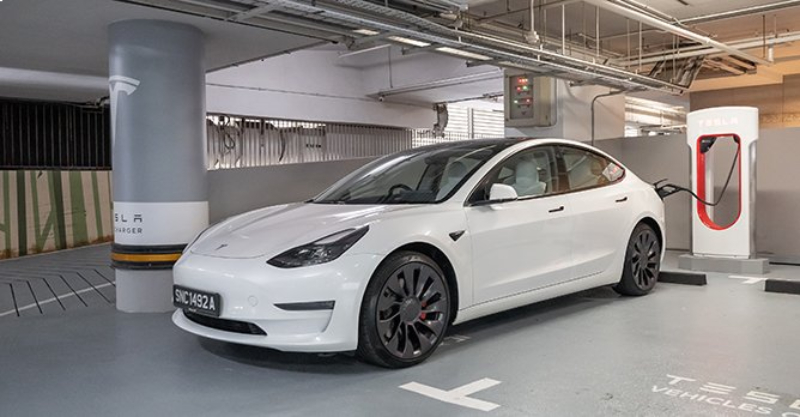EV ownership costs in Singapore - can you afford an electric car?

The whole world is moving towards Electric Vehicles (EV), powered solely by electricity. Without any tailpipe emissions, EVs are a means of transport with minimal cost to the environment.
At the moment, EVs make up merely three per cent of the global sales of cars. In a world where Internal Combustion Engine (Ice) vehicles still make up the majority, being an early adopter of EVs can be less than straightforward.
Without the economies of scale, and more than hundred years of technological advancement that ICE vehicles enjoy, EVs can be expensive and inconvenient to own.
Let's find out what are the costs that you have to consider before you get an EV in Singapore.

EVs are expensive due to the costs incurred to make them, and a huge portion of it comes from the batteries — almost a third of the cost of a typical EV car. EV batteries are made with expensive metals such as cobalt, nickel, lithium and manganese, all of which contribute to the cost.
The smaller economies of scale compared to Ice cars also makes them more expensive to own, for now at least.
To put it into numbers, a Kia Niro Electric currently costs $168,999, a cool $47,000 more than the Hybrid version of the same car.
The same could be said for the Hyundai Ioniq Electric which costs $167,888, $45,889 more than its Hybrid variant. And this price difference is present after the Vehicle Emissions Schemes and EV Early Adoption Incentive rebates which can go up to $45,000.
In comparison, a brand new Hyundai Avante would set you back by just $106,999 — substantially lower than EVs of a similar category in Singapore.

EVs while expensive to purchase, might actually be cheaper in the long run. This is largely due to its lower running costs which can eventually offset the initial cost.
EVs are known to be easier and cheaper to maintain as there are less serviceable components. There's no engine oil or spark plugs to change, you won't have to go for a timing belt replacement, and most EVs don't even have a gearbox for you to worry about.
More importantly, charging costs are also a fraction of what you'll need to pay for petrol. With the Hyundai Ioniq, electric the cost of electricity per km is $0.05 when you charge it at the SP Power EV Charging stations in Singapore — charging costs can be even lower if you own a property where your own EV charger can be installed.
The cost of fuel per km for the Ioniq Hybrid works out to around $0.10, while the Ice Avante would cost you around $0.14 per km — almost three times the cost to power the Ioniq electric!
But, at least for Singaporeans, you'll have to deal with rather costly road tax on EV cars — while the 1.6-litre Avante is subjected to an annual road tax of $742, the Ioniq Electric's road tax is $1,060.

And the road tax for electric cars grows exponentially as the rated power increases — the Tesla Model 3 Performance is subjected to an annual road tax of $4,884, more than what you would be required to pay for an ICE car with a 4.5-litre engine!

Depending on the EV of your choice, there is a possibility that you end up making some savings despite the high initial cost. However, one will have to look past the monetary costs, and realise that EVs require quite a lifestyle change, to accommodate for the need of charging and the time it takes.
While a tank of petrol takes mere minutes to fill up, charging an electric car takes up easily more than 10 times the duration, and that's with a fast charger.
If you do not have ready access to an EV charger either at home or at your workplace, you have to consider the implications of having to spend hours at public chargers every week or so just to get your EV refuelled. And you should only commit when you are certain of such a lifestyle change.
READ MORE: Here's a closer look at Toyota's whopping slate of 15 new EVs
This article was first published in sgCarMart.